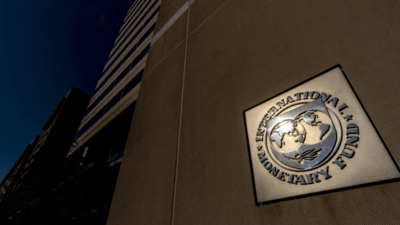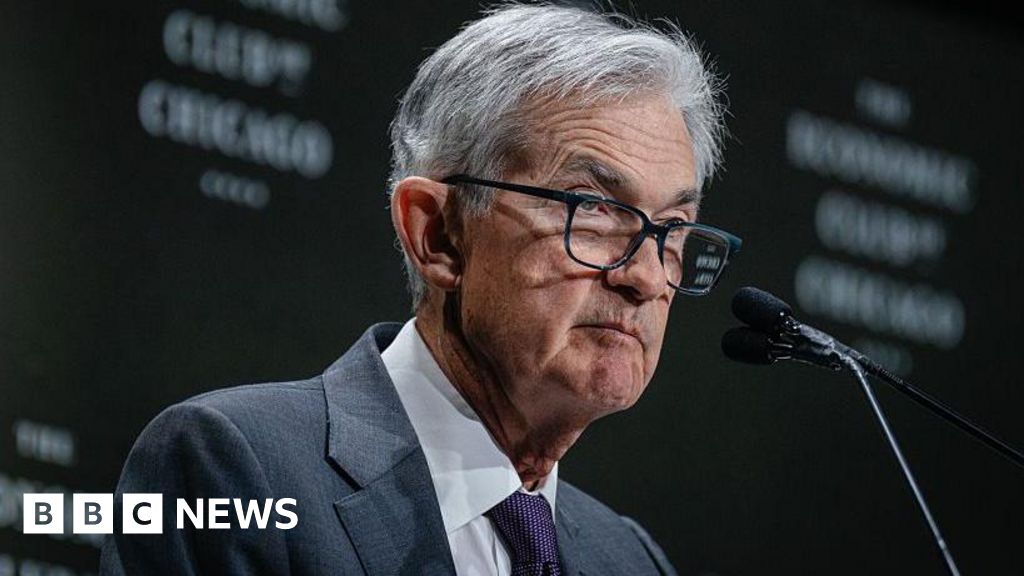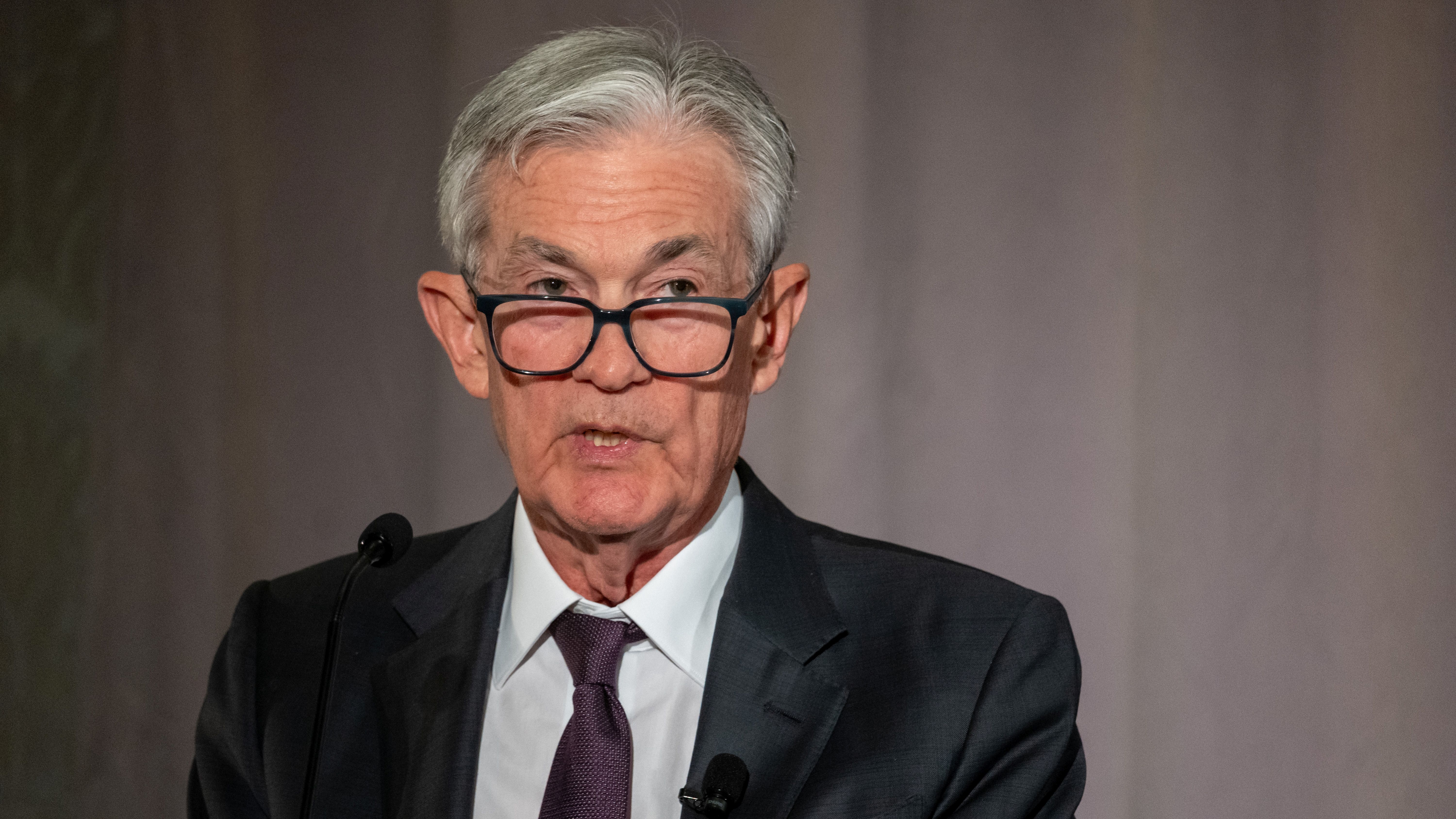Consumer Sentiment Plummets Amid Trade War and Inflation Concerns
WASHINGTON (AP) In a troubling development for the U.S. economy, consumer sentiment has experienced a significant decline in April, marking the fourth consecutive month of downturns. This drop, attributed to the escalating trade war, has sparked widespread anxiety among Americans regarding job security and rising inflation.
The University of Michigans renowned consumer sentiment index, which serves as an important economic indicator, was released on Friday. The data revealed a concerning drop of 11%, bringing the index down to 50.8its lowest point since the critical period of the COVID-19 pandemic.
Joanne Hsu, the director of the survey, noted that the decline in consumer sentiment was not isolated to specific demographics but was pervasive and unanimous across age, income, education, geographic region, and political affiliation. This widespread erosion of confidence illustrates a collective sentiment among Americans as they navigate these uncertain economic waters.
Additionally, there has been a notable increase in the proportion of respondents who anticipate a rise in unemployment in the near future. This marks the fifth consecutive month of such expectations, with figures now reflecting the highest levels recorded since the Great Recession of 2009. As fears of job losses intensify, the outlook for many American households grows increasingly bleak.
Perhaps even more alarming is the shift in long-term inflation expectations. Americans now foresee inflation reaching 4.4% over the long term, an increase from the previous months expectation of 4.1%. This rise is particularly significant for the U.S. Federal Reserve, which meticulously monitors inflation expectations as they can become self-perpetuating. If consumers anticipate higher prices in the future, they may adjust their behaviorssuch as accelerating purchases or demanding higher wageswhich can, in turn, fuel actual inflation.
According to Capital Economics, a respected economic forecasting firm, the inflation expectations held by Americans have surged to levels not seen since 1991. This trend further underscores the urgency of addressing the economic challenges posed by the trade war.
Harry Chambers, an assistant economist at Capital Economics, emphasized the gravity of the situation in an email, stating, Households appear to have come to the same conclusion as markets: the tariffs will do lasting damage to the US economy. This sentiment highlights the tangible impact of ongoing trade policies on consumer perceptions.
The divide in consumer sentiment is starkly noticeable when analyzed through a political lens. The index for Democrats stands at a mere 34.1, while Republicans maintain a significantly higher index of 81.9. However, both groups witnessed steep declines in April, with Republican sentiment falling from 87.4 in March. Meanwhile, independents experienced a dramatic drop in their sentiment, plummeting to 46.8 from 55.7, which is also sharply below their post-election peak of 70.2.
This trend in inflation expectations has been on the rise for several months. Fed Chair Jerome Powell previously commented on this matter during a news conference, referring to the University of Michigans inflation expectations measure as an outlier. In contrast, market-based measures of inflation expectationsderived from inflation-adjusted Treasury securitieshave remained low, hovering near the Feds target of 2%.
Historically, a decline in consumer sentiment often signals a reduction in consumer spending. However, in recent years, American consumers have sometimes continued to spend even in the face of pessimistic outlooks. Nevertheless, the escalating concerns regarding employment may now prompt a more cautious approach to spending habits. Hsu observed, This lack of labor market confidence lies in sharp contrast to the past several years, when robust spending was supported primarily by strong labor markets and incomes. The current economic landscape suggests that consumers may be more reserved in their spending as they adjust to the unfolding economic realities.






















